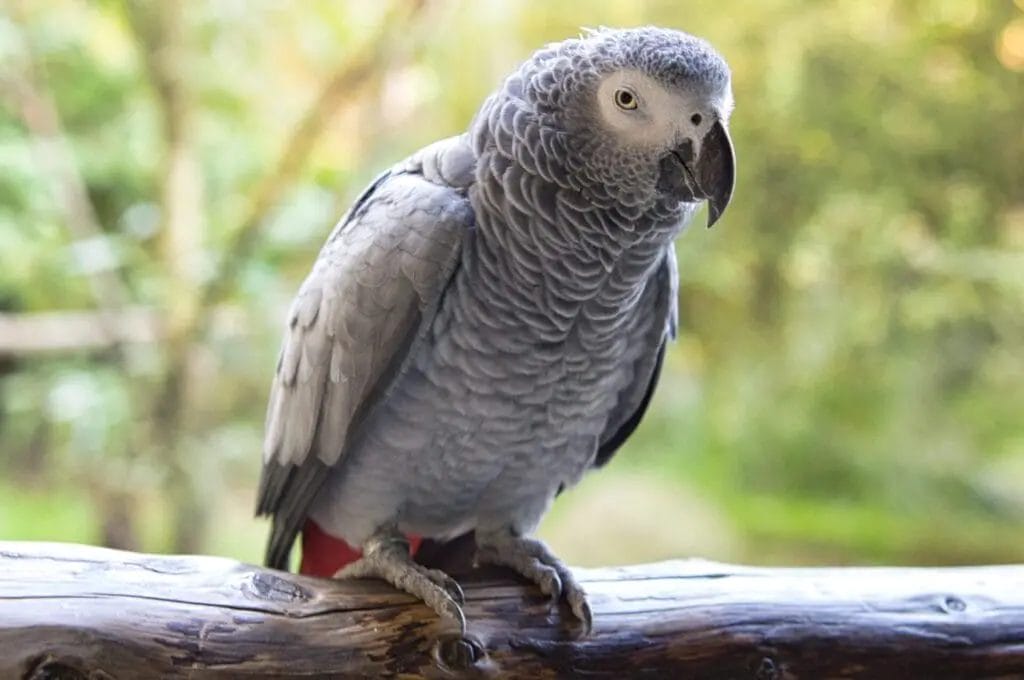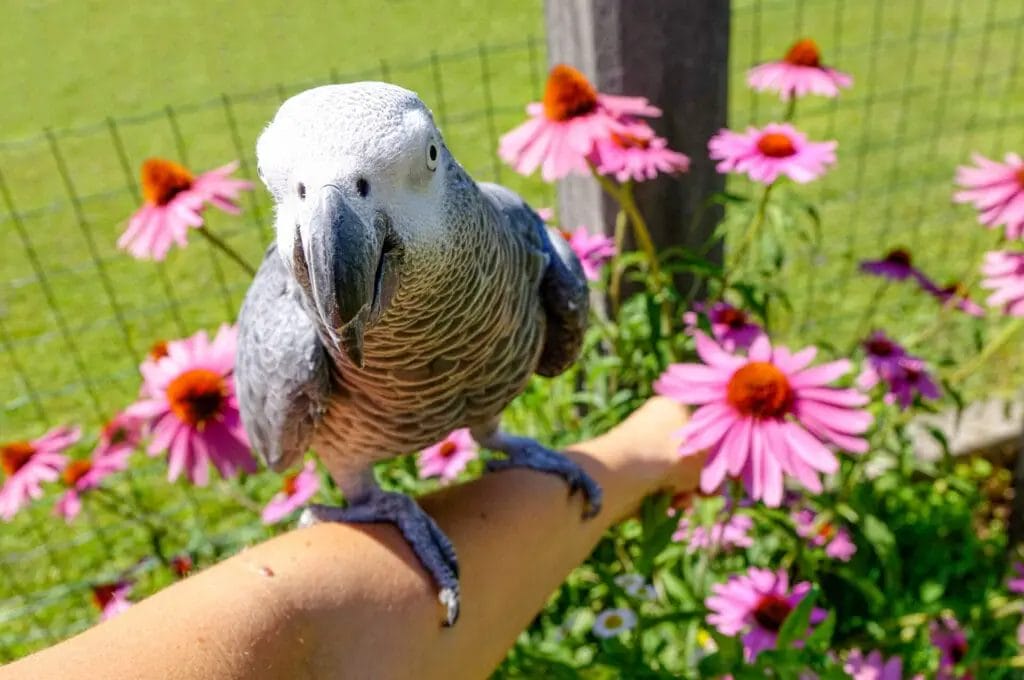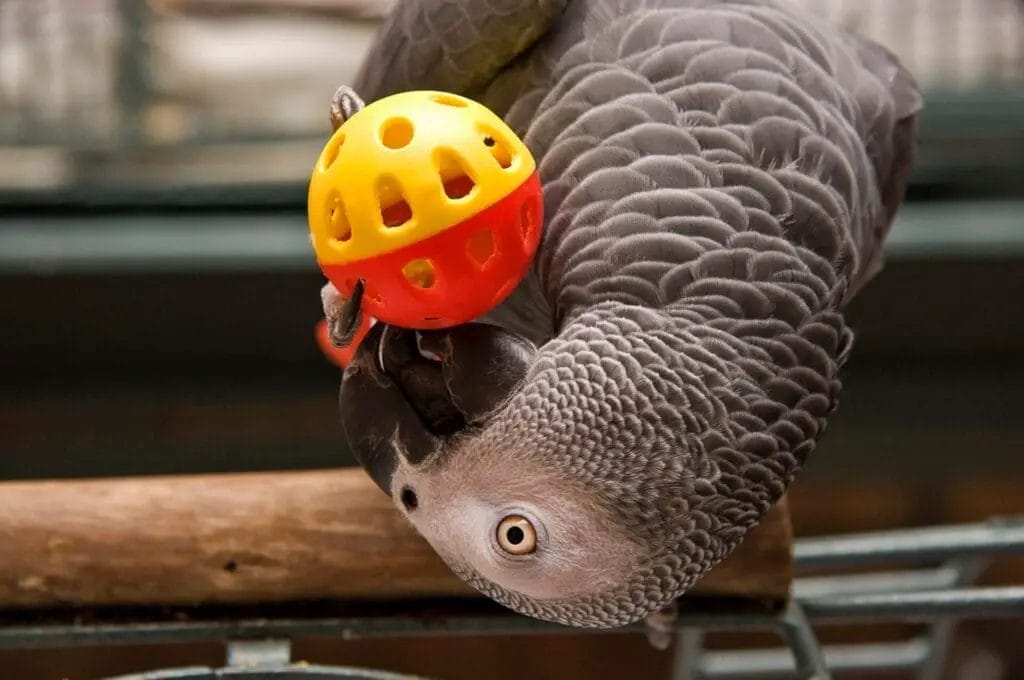African Gray Parrots are among the most intelligent and captivating bird species, drawing the attention of bird lovers and curious pet owners alike. In this ultimate guide to African Gray Parrots, we’ll delve into their care, personality traits, behavioral aspects, and much more. Whether you’re an existing owner or considering bringing one of these feathered friends into your home, understanding African Gray Parrot care, their diet, and unique traits will greatly enhance your experience as a pet parent.
Key Takeaways
- African Gray Parrots require a balanced diet rich in nutrients.
- Socialization and training are critical for their well-being.
- Understanding their vocalizations can improve your communication with them.
- Lifespan can reach up to 50 years with proper care.
- Common myths can cloud perceptions of African Gray Parrots.
- Regular health check-ups are essential for maintaining their health.
- Providing appropriate housing and toys is crucial for mental stimulation.
Understanding African Gray Parrots

When diving into the Guide to African Gray Parrots, it’s essential to examine their background. Native to Africa, these parrots are known for their striking gray plumage, red tail feathers, and an extraordinary ability to mimic sounds and words accurately. Their intelligence rivals that of a human toddler, making them not just pets but engaging companions that can interact with you through training and vocalizations.
African Gray Parrot Care
Proper African Gray Parrot care extends beyond just feeding them. They need a well-rounded diet that includes high-quality pellets, fresh fruits, and vegetables. Familiarizing yourself with their dietary requirements can prevent common health issues related to nutrition. It’s crucial to monitor their food intake and ensure they stay well-hydrated, as dehydration can lead to significant health issues.
African Gray Parrot Behavior
Understanding the African Gray Parrot behavior is key to enjoying a harmonious relationship with your pet. These parrots are naturally curious and sociable creatures. Fostering an environment where they can safely explore helps satisfy their inquisitive nature. Additionally, African Grays exhibit behaviors that stem from their social structure, such as forming strong bonds with their owners and displaying jealousy if other pets are favored.
Training African Gray Parrots
Training African Gray Parrots can be a rewarding experience, but it requires patience and consistency. Starting with simple commands and gradually increasing the complexity of the tasks will yield better results. Positive reinforcement, such as treats and praises, motivates them to learn. Investing time in training will greatly improve their socialization skills and minimize behavioral issues.
African Gray Parrot Lifespan and Health Issues
The lifespan of an African Gray Parrot can be remarkable, often reaching 40 to 50 years with good care. However, they are susceptible to a range of health issues like feather plucking, obesity, and respiratory problems if not cared for properly. Therefore, being vigilant about their health and addressing any concerns early on is vital to ensuring a long and healthy life.
African Gray Parrot Socialization

Socialization is crucial for an African Gray to develop properly. Exposing them to various environments, other pets, and different people can prevent them from becoming overly reliant on one person or developing anxiety. Regular interaction, whether through playtime or simple conversations, is essential in fostering a stable and happy parrot.
Unique Traits of African Gray Parrots
African Gray Parrots possess unique traits that set them apart from other avian species. Their incredible ability to mimic complex sounds and words allows them to have conversations that can be quite amusing and engaging. Understanding their sounds and vocalizations can enrich your communication with them.
Common Myths About African Gray Parrots
Several common myths about African Gray Parrots need addressing. A prevalent misconception is that they are overly aggressive; in reality, a well-socialized African Gray can be gentle and loving. Another myth is that they can live happily alone; in truth, they thrive on companionship and mental stimulation. Clear communication and education about their needs can debunk these myths and improve the experience of potential owners.
Best Toys for African Gray Parrots

Choosing the best toys for African Gray Parrots is critical for their mental health. These birds need a variety of toys that encourage problem-solving and physical activity. Look for toys that they can chew on, manipulate, and explore. Regularly rotating toys keeps their environment stimulating and prevents boredom.
African Gray Parrot Rescue and Adoption
If you’re considering adding an African Gray to your family, rescue and adoption should be on your radar. Many parrots find themselves in shelters due to changes in their owners’ circumstances. Adopting a rescue parrot not only gives them a second chance at a loving home but also can be a deeply rewarding experience for you as a bird lover.
Conclusion
In conclusion, the Ultimate Guide to African Gray Parrots serves as a vital resource for anyone interested in learning about these amazing birds. With a better understanding of African Gray Parrot care, their behavior, and unique traits, you’ll be well-equipped to provide the love and attention they deserve. Remember, every African Gray is an individual, and building a strong bond through socialization, training, and engagement is the key to a fulfilling relationship.
Feel free to share your experiences with African Gray Parrots or any questions you might have about their care or behavior. Your insights may help others on their journey with these intelligent companions!
